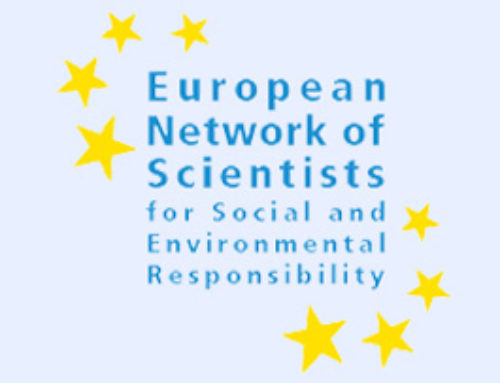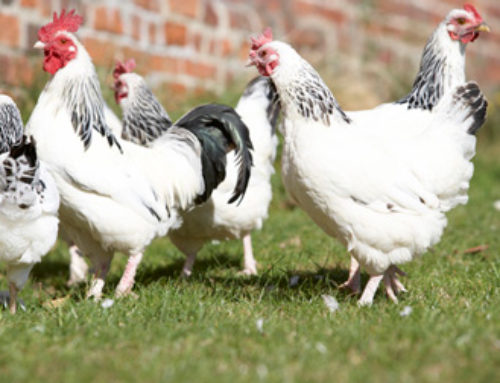 In September 2011 a Green Member of the Dutch Parliament, Rik Grashoff, put forward a Parliamentary motion proposing a ban on the "commercial use" of Roundup outside agriculture. In the motion, Grashoff cited evidence presented in Earth Open Source's report, "Roundup and birth defects: Is the public being kept in the dark?".
In September 2011 a Green Member of the Dutch Parliament, Rik Grashoff, put forward a Parliamentary motion proposing a ban on the "commercial use" of Roundup outside agriculture. In the motion, Grashoff cited evidence presented in Earth Open Source's report, "Roundup and birth defects: Is the public being kept in the dark?".
This report revealed that industry's own studies carried out as long ago as the 1980s showed that glyphosate, Roundup's active ingredient, causes birth defects in laboratory animals.
These findings, and evidence of other types of harm, have been confirmed in independent peer-reviewed studies, also mentioned by Grashoff in the motion. Grashoff added that Roundup is a threat to drinking water supplies and that alternative methods of weed control are available.
Grashoff's motion gained majority support in the Parliament, so now the relevant minister has to work out a proposal. There has been talk of stopping the use of the herbicide on streets, in parks, and other public places. Our sources in The Netherlands tell us that Monsanto asked for a meeting with the minister. In due course, a "Sustainable Weed Control Support Group" was founded by "users and producers of herbicides", including a website, facebook and twitter sites. These sites promote the notion of the "sustainable use" of Roundup and claim declining levels of pollution in surface water in recent years.
On 25 June 2012 Monsanto placed a large advertisement in De Telegraaf, the biggest newspaper in The Netherlands, claiming that EOS's report was wrong. Monsanto's counter-argument was that the studies highlighted in EOS's report – all of them, presumably! – had been evaluated by CTGB (the Dutch regulatory authority) and other EU authorities and were deemed not "relevant".
We're sure the families that report suffering birth defects, cancers and other problems as a result of exposure to Roundup will be comforted by the assurance that their conditions are not "relevant". And we hope that Monsanto is able to reconcile the paradox that some of the "irrelevant" studies that show that glyphosate causes birth defects in lab animals were commissioned by… Monsanto.
The Parliamentary motion (in Dutch): http://bit.ly/OcM6Df
Update 18 December 2012: Grashoff's proposal has been watered down and has been made part of the Dutch national pesticide action plan which says they want to stop local communities from using it on pavements and streets by 2018. But the proposed ban on sales to non-professional users was dropped.





We consumers & voters simply have to stop the lethal chemicals & GMO crops of Monsanto’s and the German chemical industries (BASF & Bayer, Dupont). They are a very serious threat to both humans and the environment. That they have politicians & the EU Commission in their pockets is outrageous. When they don’t get what they want they start initimidating by threatening with litigation and so forth. The corruption in EU is “endemic” according to recent report. Corporate lobbyism must be replaced by democratic control from citizens and ‘end users’.